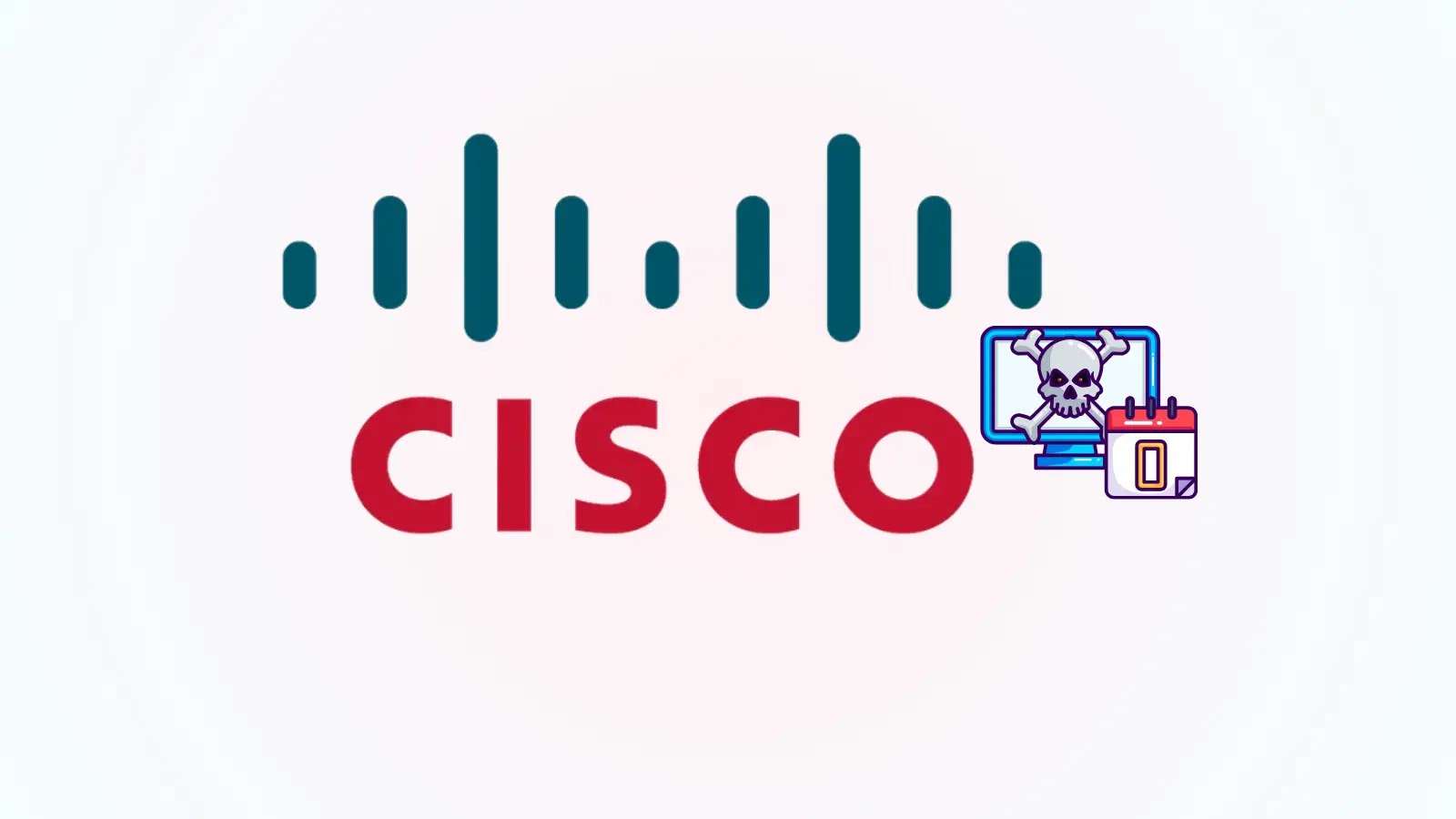On October 10, 2025, U.S. Senator Bill Cassidy, Chairman of the Senate Health, Education, Labor, and Pensions (HELP) Committee, addressed a letter to Cisco Systems’ CEO, Chuck Robbins, seeking clarification on recent zero-day vulnerabilities discovered in Cisco’s widely utilized networking equipment. This inquiry underscores the potential threats these security flaws pose to national security and the economy, especially following an urgent directive from the Cybersecurity and Infrastructure Security Agency (CISA).
Overview of the Vulnerabilities
The identified vulnerabilities, designated as CVE-2025-20333 and CVE-2025-20362, impact Cisco’s Adaptive Security Appliance (ASA) and Firepower Threat Defense (FTD) devices. These flaws permit unauthenticated remote code execution and privilege escalation, enabling attackers to implant persistent malware that can withstand system reboots and software upgrades by altering the devices’ read-only memory (ROM).
These vulnerabilities have been actively exploited since at least early 2024 by a threat actor group known as ArcaneDoor. Their exploitation has raised significant concerns about the security of critical infrastructure and the potential for widespread disruption.
CISA’s Emergency Directive
In response to these vulnerabilities, CISA issued Emergency Directive 25-03 on September 25, 2025. This directive mandated federal agencies to:
– Inventory all affected devices.
– Conduct forensic analyses through core dumps.
– Apply necessary patches within 24 hours or disconnect end-of-life hardware entirely.
Reports indicate that at least one federal agency experienced a breach due to these vulnerabilities, prompting immediate containment measures and submissions to CISA’s malware portal by September 26.
Senator Cassidy’s Concerns
Senator Cassidy’s letter emphasizes Cisco’s critical role as the world’s largest network infrastructure provider, serving numerous federal entities and businesses that depend on its tools for essential services, including healthcare and education. He warns that unaddressed vulnerabilities could disrupt operations for millions, particularly in sectors lacking dedicated cybersecurity leadership. Notably, 45% of U.S. companies do not have a Chief Information Security Officer (CISO), highlighting a significant gap in cybersecurity preparedness.
Specific Inquiries to Cisco
The senator’s letter seeks detailed information from Cisco on several fronts:
1. Identification of Threats to Private Customers: Has Cisco identified specific threats posed to private sector customers due to these vulnerabilities?
2. Dissemination of Patches and Advisories: What measures has Cisco implemented to distribute patches or advisories to affected customers?
3. Proactive Communication Strategies: How is Cisco proactively communicating with its customer base regarding these vulnerabilities and the steps needed to mitigate them?
4. Recommendations for Upgrading Outdated Devices: Does Cisco provide guidance similar to CISA’s federal mandates for upgrading or replacing outdated devices?
5. Targeted Support for Specific Agencies: What support is Cisco offering to agencies such as Health and Human Services, Education, and Labor to address these vulnerabilities?
Broader Implications and Recommendations
While Cisco collaborates with federal responders and acknowledges exploitation dating back to May 2025, the focus is shifting toward broader protections for non-federal users. Small businesses, educational institutions, and healthcare providers are particularly vulnerable, given the widespread use of these devices in securing remote access and VPNs.
Senator Cassidy has requested responses from Cisco by October 27, 2025, to inform ongoing HELP Committee investigations into national cyber defenses. Cybersecurity experts urge all organizations to review Cisco’s advisories and implement recommended mitigations promptly to prevent similar security incidents.



